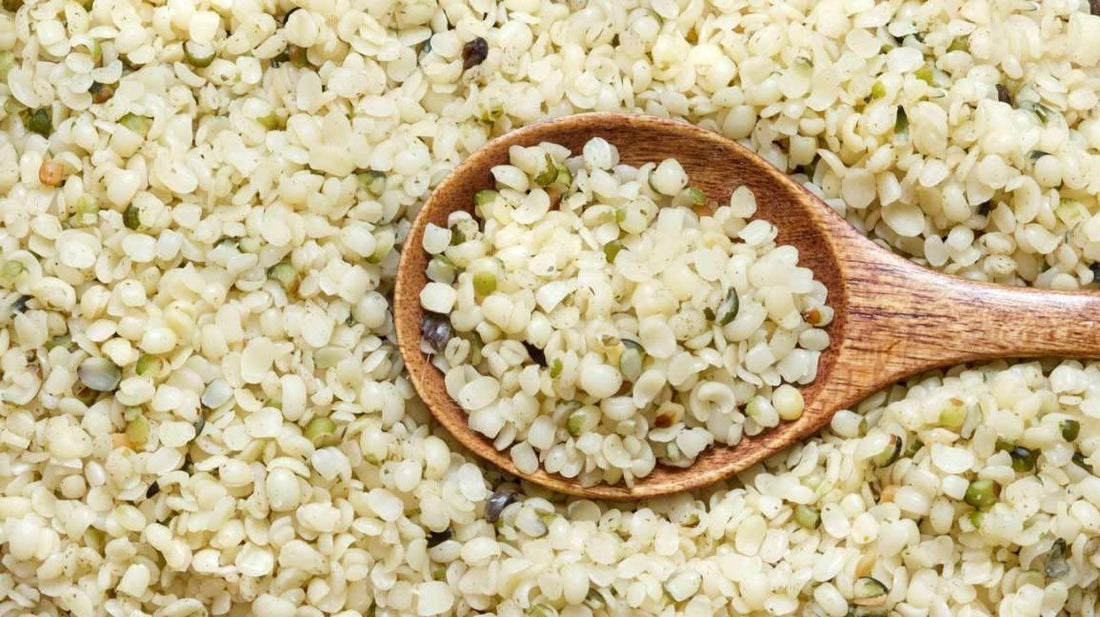1. Using Hemp Seed as a Source of Omega-3
Nutritionists and doctors recommend consuming about 200g of fatty fish every week to get enough fatty acids, but the plant seed provides a concentrated amount of omega-3 as well. While it may not convert in the body as readily as fish oils do, plant-based omega-3 still can provide an excellent source of healthy fat. If you are following a plant based diet, and don't consume eggs, mackerel, salmon, tuna or sardines, the plant-based source can help provide the body’s need for omega-3. The body cannot produce it, increasing the importance of obtaining it elsewhere. Fatty acids reduce the risk of cardiovascular disease, blood clots and arterial plaque. Other benefits of omega-3 include its ability to raise the “good” cholesterol levels and lower blood pressure according to Cleveland Clinic.
2. Counting on Plant-based Seeds to Provide Omega-6
The body does not produce omega-6 and must count on food to provide it. Prevalent throughout the body, omega-6 fatty acid assists in all cell functions. Without it, cells can react with harmful impacts on the heart and blood vessels. The Harvard heart newsletter cites omega-6 fats for their ability to maintain blood sugar levels, lower LDL cholesterol and increase HDL, support heart health and contribute to good circulation. Studies on nutrition show that heart disease occurs less frequently with the consumption of omega-6 fats. The omega-3 fatty acid seems more well-known than omega-6, but both provide beneficial effects for the body. The richness of both essential fatty acids shows improvement in symptoms of skin conditions such as rosacea, eczema and psoriasis. Although many cultures have eaten the delicious seed for centuries, Western civilisation has a late start but seems to have success in reaching an informed and increasingly growing audience.
3. Finding Protection from Inflammation
While some kinds of inflammation produce desirable effects, others do not. An injury such as a burn or bruise activates the body’s immune system to respond with healthy, acute inflammation. HuffPost cites chronic inflammation as a condition that can occur with an unhealthy lifestyle that includes inactivity, sleep deprivation, obesity, smoking and inactivity. Seeds that contain omega-3 can slow the production of substances that the body releases during inflammation. In addition to the healthful properties in the seeds that make both omega-3 and omega-6 beneficial to the body, the seed provides an excellent source of soluble and insoluble fiber. In the gut, soluble fiber has a gel-like consistency that nourishes digestive bacteria, helps manage blood sugar levels and assists in controlling cholesterol. The insoluble fiber in the hulls adds bulk to the stool and helps move food waste through the digestive system.







